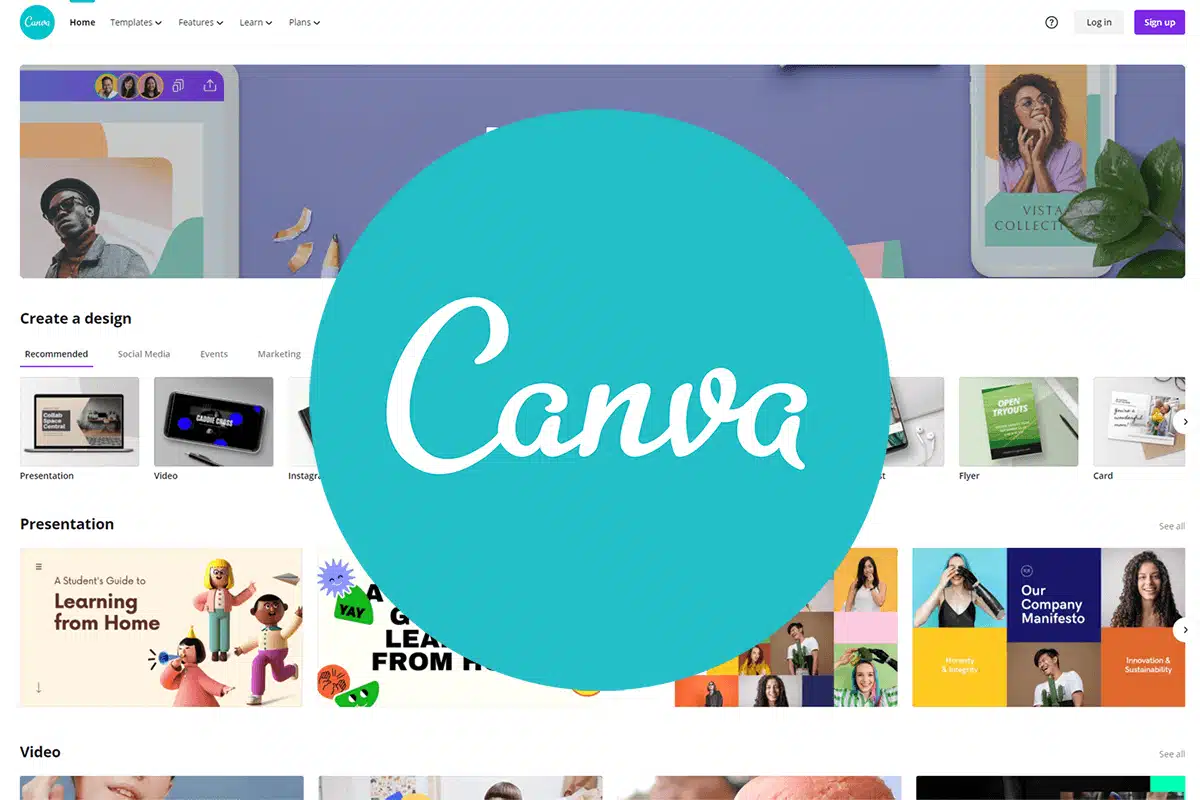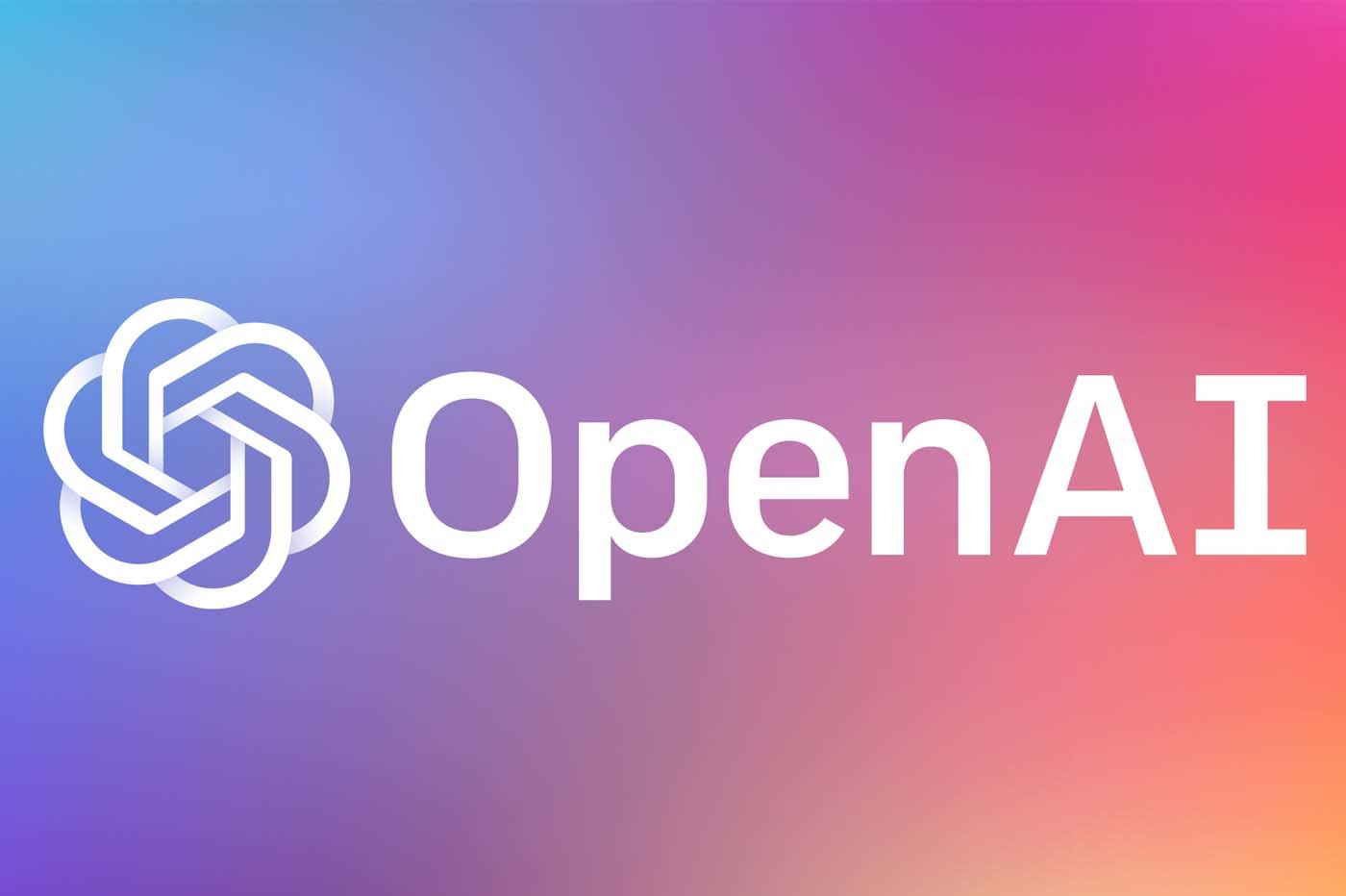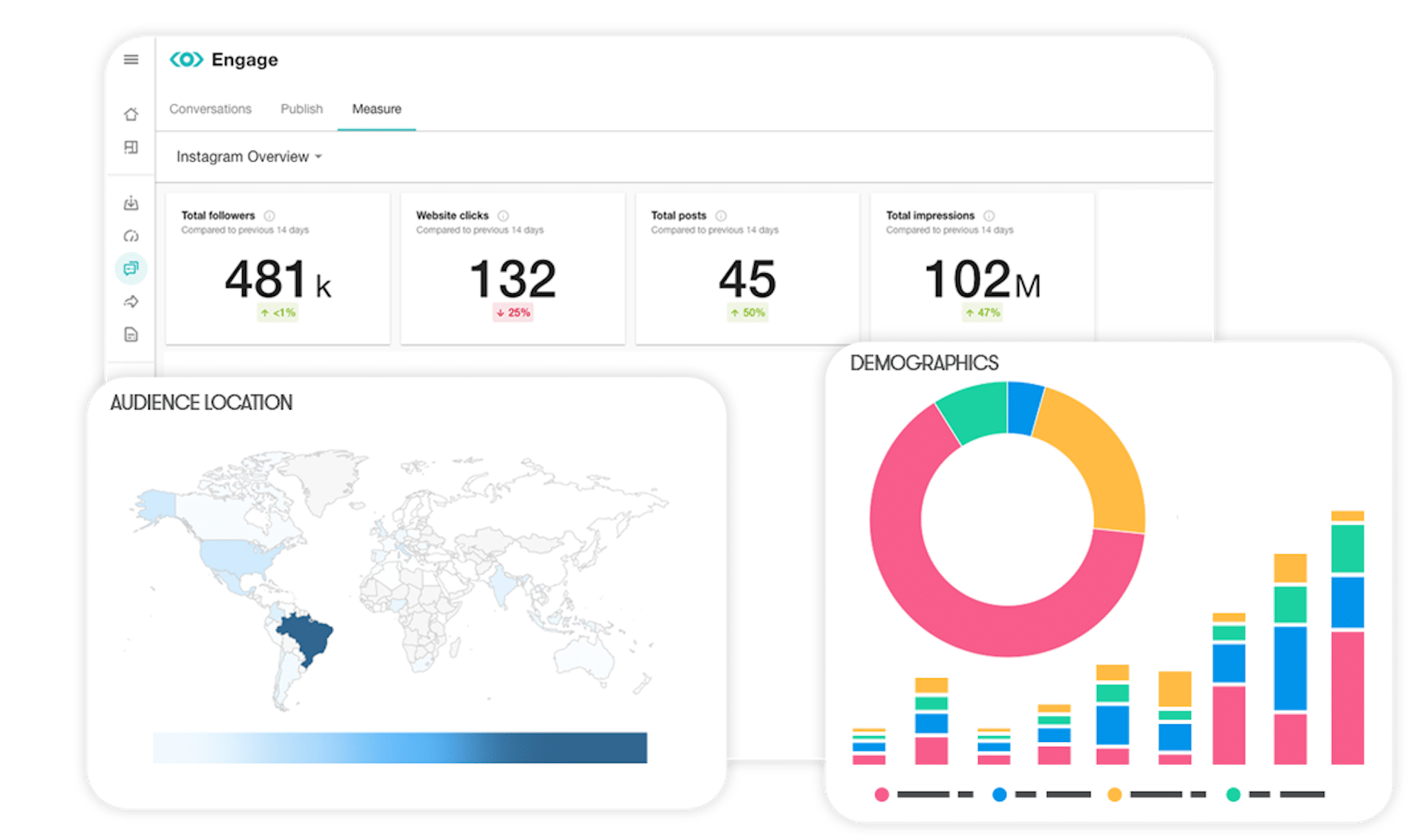
Staying on top of your game is a must when it comes to content marketing. Having various marketing strategies across multiple platforms can be hard to keep on top of – so having the right tools at your disposal can be a game-changer.
Here we’ve pulled together seven tried and tested tools that are guaranteed to help streamline your content marketing strategy.
Canva – Your Creative Hub
Best for: Visual content creation
Canva is an easy-to-use content creation tool that’s super popular with marketers. It’s a great way to start designing some stand-out graphics for your socials and infographics, with plenty of templates to choose from if staring at a white square scares you!
You can add your brand guidelines and choose from a plethora of graphics, audio, animated elements, font styles and asset sizes, even without paying for premium – so it’s a fantastic tool to get creative and experiment!
What to Avoid: Don’t over-polish your feed. It’s important to keep your brand and feed looking authentic so too many designed assets will have an opposite effect. Use a mixture of imagery, video/reels, designed assets and user-generated content (UGC) – this is where working with social media experts can really help your brand to stand out.

Meta Business Suite
Best for: Social Media Management (Facebook and Instagram only)
Meta Business Suite allows you to post and schedule your social media posts all in one place, as well as providing analytics and insights into key stats such as reach, engagements, link clicks and more, making it good for reporting on social media performance too – providing you can analyse the data it presents. Meta Ads Manager is also the most effective place to be boosting your Facebook and Instagram posts.
What to Avoid: When reporting on social media performance using analytics, always make sure to check on the platform itself (in-app) too as sometimes it won’t give you the exact/correct stats. It’s never easy!
OpenAI – AI Powered Content Assistance
Best for: Brainstorming and content idea generation
OpenAI’s Chat GPT is a great tool that can assist you with coming up with anything from blog titles, social media content copy and ideas for assets, to giving you answers to questions where otherwise, you’d be scrolling all over the internet to find multiple answers to the same question. This tool combines knowledge from the entire database to curate answers in as much or little detail as you instruct, saving you hours of research!
What to Avoid: While this is a very valuable tool, always make sure to review and edit the content to ensure it aligns with your brand’s tone of voice and style as well as double checking for any factual mistakes. And remember, AI is only as good as the information you provide it with…

Moz.com – SEO Mastery
Best for: Search Engine Optimisation (SEO)
Moz is like a compass for the search engine world. It offers insights and keyword research tools as well as site auditing to improve your website’s ranking, also known as domain authority (DA).
By tracking your DA, you can learn what to do to climb up in search results, meaning more traffic to your site.
What to avoid: Be patient when trying to improve your SEO. This can take time so don’t expect immediate results, working with experts can really help you nail down a strategy here. It’s a long game!
Meltwater – Your Media Monitoring Marvel
Best for: Social listening and media monitoring
Meltwater can be used for tracking media mentions in publications and on social media (including X) of keywords, terms or brand names, providing actionable insights to help you understand your brand’s online reputation and learn what conversations there are around certain topics. You can also filter for positive and negative sentiment as well as dates.
What to Avoid: Avoid focusing solely on the number of mentions and focus more on the sentiment – ensuring more positive and relevant mentions.

Also Asked – The Content Optimisation Guru
Best for: Content topic research
Also Asked is a research tool that allows you to see what questions people are asking or searching online around different topics. By using this knowledge, you can provide valuable answers to your target audience and attract a wider audience in some cases.
What to Avoid: Don’t use too many keywords in your content. Ensure your content is still easy to understand, genuinely helpful and informative, and straight to the point, or your readers will get bored. Working with experts can ensure your content is hitting the mark.
Google Analytics – Data-Driven Insights
Best for: Website traffic analysis
Google analytics is a goldmine, providing lots of information on your website’s performance. You can track visitor behaviour, link clicks, measure conversion rates, and using this, you’re able to alter your content strategy based on real data.
What to avoid: Only focus on key metrics that relate to your business objectives, avoid looking into irrelevant stats as you will become lost!
These are all great tools that will help you to improve your content marketing strategy by understanding public perceptions of your business, allowing you to see what’s working, what’s not, and ultimately how to create content that will boost your brand and save you unnecessary time and effort.
At Prohibition, we work with a range of B2B and B2C brands across all sectors to create engaging social media marketing strategies that allow brands to stay up to date with the latest trends and updates. Get in touch today to find out how we could help you.
For more interesting articles from us check out these posts:
- How to Maximise User-Generated Content
- Influencer Marketing and Online Retail PR
- How to Integrate Digital PR into Your Wider Marketing Strategy




